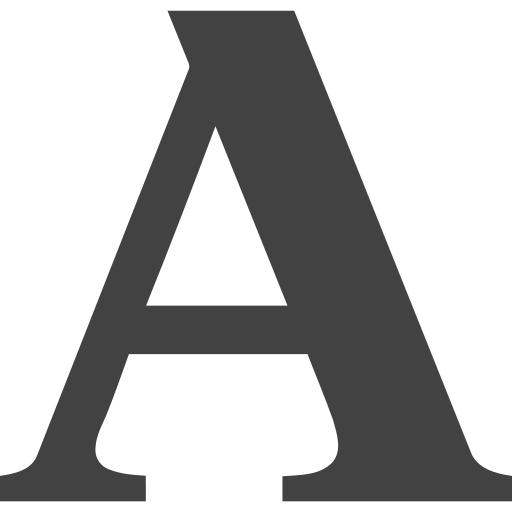Motivations and perspectives of academic and social interests of the Spanish language in Ivory Coast
Keywords:
El españolAbstract
Language is, par excellence, the way of communication between persons and peoples. Spanish has always aroused a lot of interest in the academic world. In Côte d’Ivoire, the analysis of the school course and university corroborates that. In this article, first, we will briefly comment on the secondary school and the university organization. We secondly will try to analyze the presence of Spain in Côte d’Ivoire as at the social and economically level. If English has always been a language of priority worldwide in terms of knowledge, other languages like French, Spanish, German, Italian and Portuguese do not stop being another way of international communication, though in a minor scale. In case of the Spanish, staggering positions are reached and it is called to occupy a preponderant place in countries in which it is not the official language, as the USA, Brazil and, in Africa, the case of Côte d’Ivoire and Senegal. Our article is inspired by other studies on Spanish in different countries non Spanish speaking, articles about the commercial relations between Spain and Côte d’Ivoire and sometimes between Spain and Africa. In addition, we also make reference to some of the organizations, the students' services and the departments of Spanish at the universities of Abidjan and Bouaké.Metrics
References
Amat Royo, Joaquín (2012): ‘África ¿Opción para las empresas españolas?’, en Cataluña Empresarial, marzo-abril 2012. Barcelona. Consultado el 14 de abril de 2014 desde:
http//www.joaquinamat.es/…/Es+el+momento+las+empresas+españolas+en+africa
Benítez Rodríguez, Salvador Gregorio y Konan, Koffi Hervé (2010): ‘La situación actual del español en Costa de Marfil. Contexto específico para la enseñanza del Ele’. Consultado el 16 de abril de 2014 desde:
http//marcoele.com/español-en-costa-de-marfil
Blázquez, Susana, (2013): ‘Las empresas se vuelcan en África’, en El País Economía. Madrid, 24 de noviembre de 2013. Consultado el 13 de abril de 2014 desde: http://economia.elpais.com/economia/2013/11/22/actualidad/1385125066_899613.html
Europa Press (2011): ‘Gallina Blanca Star creará 100 empleos con una nueva fábrica en Costa de Marfil’. Consultado el 15 de abril de 2014 desde: www.europapress.es/economia/noticia-economia-empresas-gallina-blanca-star-creara-100-empleos-nueva-fabrica-costa-marfil-20111220180327.htm
López Benito, Marina y García Moral, Carolina (2006): ‘El español en Senegal, Costa de Marfil, Burkina Faso, Cabo Verde y Gambia’, Enciclopedia del español en el mundo, anuario del instituto Cervantes 2006-2007, pp. 57-62. Consultado el 14 de abril de 2014 desde:
http//www.cervantes.es/bibliotecas_documentacion_español_mundo/español_paises/africa.htm
Martínez, Pierre (1996) La didactique des langues étrangères. París, Presses Universitaires.
Moreno Lázaro, Javier (2009): ‘La empresa familiar española y el mercado mundial: Agrolimen, una perspectiva histórica’, en Revista de economía. Consultado desde: http://dialnet.unirioja.es/servlet/autor?codigo=318807
Downloads
Published
How to Cite
Issue
Section
License
Authors who submit to this journal agree to the following terms:
Authors retain copyright and ensure the magazine's right to be the first publication of the work as licensed under a Creative Commons Attribution-NoComercial 4.0 International License that allows others to share the work with an acknowledgment of authorship of the work and the initial publication in this magazine, with no commercial purpose.
Authors can establish separate additional agreements for non-exclusive distribution of the version of the work published in the magazine (for example, to an institutional repository or publish it in a book), with an acknowledgment of its initial publication in this journal.
It allows and authors are encouraged to disseminate their work electronically (eg, in institutional repositories or on their own website) prior to and during the submission process, as it can lead to productive exchanges, as well as a citation more early and most of the published work (See The Effect of Open Access).















